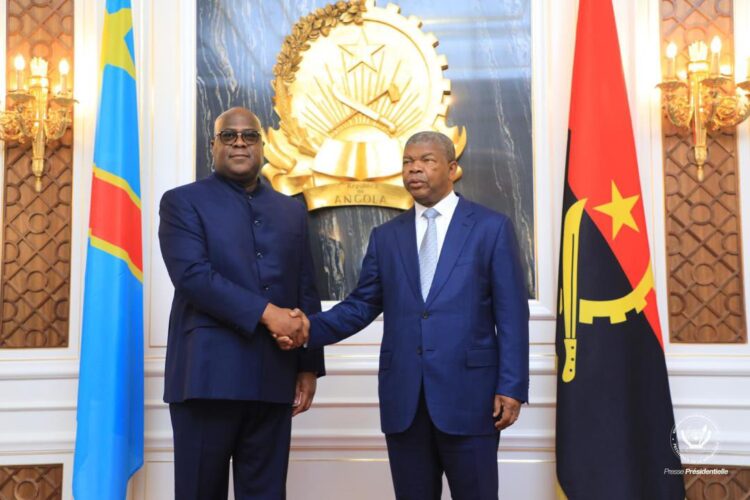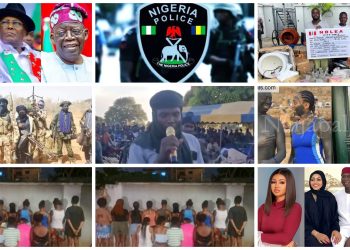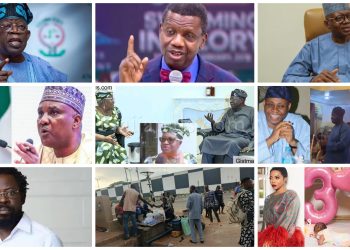On February 18th 2025 President Félix Tshisekedi conducted essential discussions with Angolan President João Lourenço about the growing tensions in the eastern Democratic Republic of Congo.
The talks took place in Luanda between Presidents Félix Tshisekedi and João Lourenço to discuss the fast-growing territorial power of March 23 Movement (M23) rebels who captured important urban areas including Goma and Bukavu.
The African Union selected President Lourenço to mediate the DRC conflict and his diplomatic work continues to find solutions for ongoing unrest. Although President Lourenço serves as the AU Chair he chooses to maintain his dedication to DRC peace initiatives since this role does not require him to give up his mediating responsibilities. Two weeks after their initial meeting the leaders gathered for their third consultation session during this crisis month.
The security situation in eastern DRC has evolved negatively because M23 rebels now dominate vital geographic positions across the region. South Kivu province capital Bukavu’s loss marks a pivotal point in this conflict because it deepens worries about regional security and humanitarian disaster that displaces thousands of civilians.
The M23 rebel group restarted its activities during 2022 through rapid military advances that enabled them to take control of key areas and worsened the conflict between DRC and Rwanda. Kigali officially rejects participation but available evidence shows the rebel group has Rwandan backing.
The quick progress of M23 forces in Kinshasa generates deep anxiety among residents of the city. Local citizens now consider relocation as their officials continue to issue assurances that fail to convince residents about the containment of rebel forces. Foreign embassies have taken preventive steps in response. People show strong anxiety because they worry that political instability could lead to a coup while the government loses control over eastern territories.
World governments demand an immediate decrease of tensions between rival military factions. French President Emmanuel Macron pushes for military peace while British officials strictly support diplomatic solutions to end the conflict.
The United Nations tracks the situation systematically while giving top priority to both human rights abuses and humanitarian effects stemming from the conflict.
During their recent meeting Presidents Tshisekedi and Lourenço conducted an evaluation of the results obtained from the African Union’s Peace and Security Council session in Addis Ababa. Angolan Foreign Affairs Minister Téte António emphasized the necessity for practical solutions to respond to the assessment findings released by the Peace and Security Council regarding the security developments in the DRC.
Participating stakeholders and regional coordination emerged as crucial elements to achieve stability and limit the deterioration of the situation through discussions.
The joint leadership between Presidents Tshisekedi and Lourenço demonstrates an intensive unified approach to handle the complex challenges that the DRC faces during this crisis.
Peace in the region faces ongoing challenges which demand continuous diplomatic efforts alongside regional unity for stopping M23 rebel movements and establishing sustainable stability.





